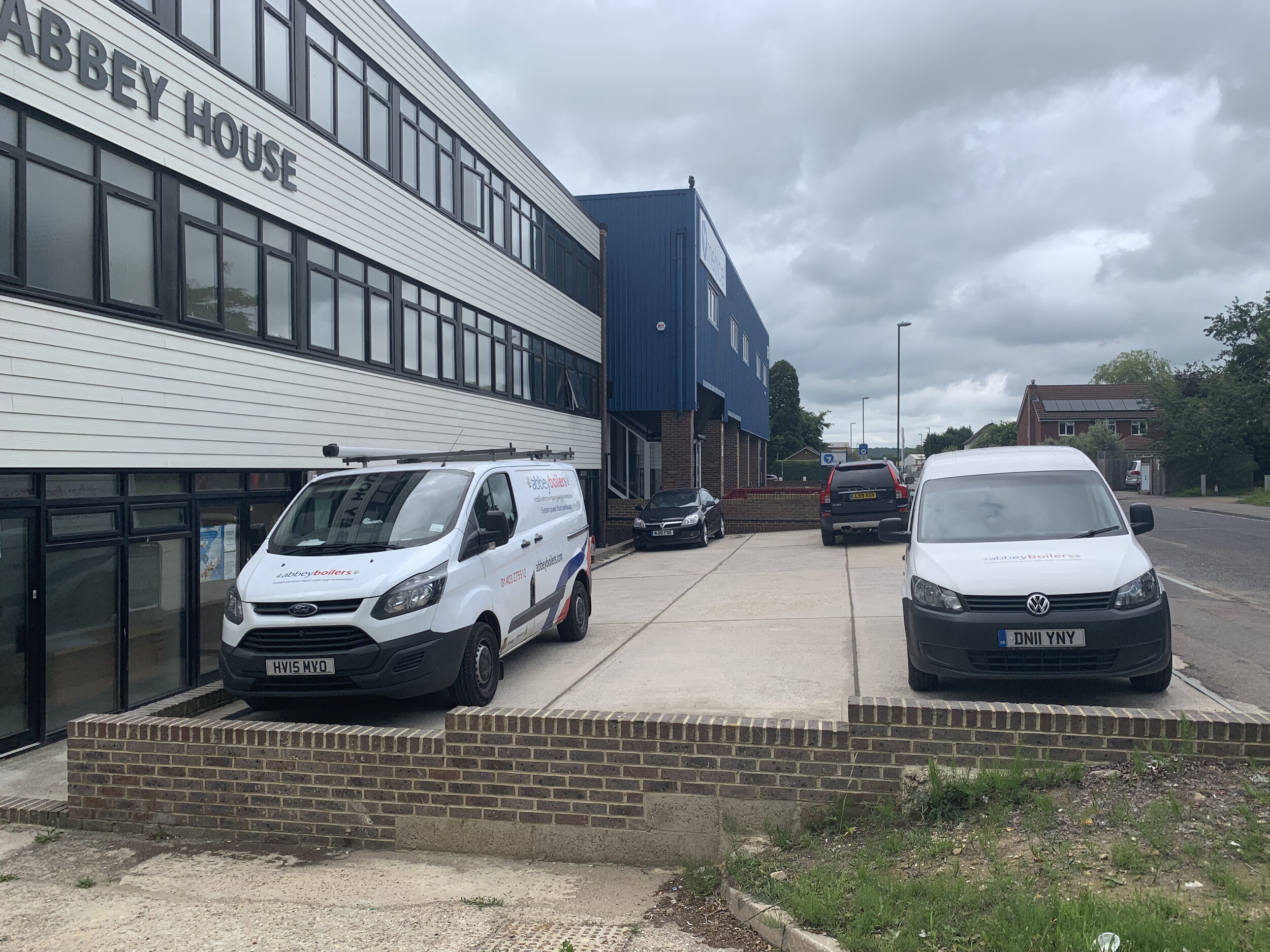
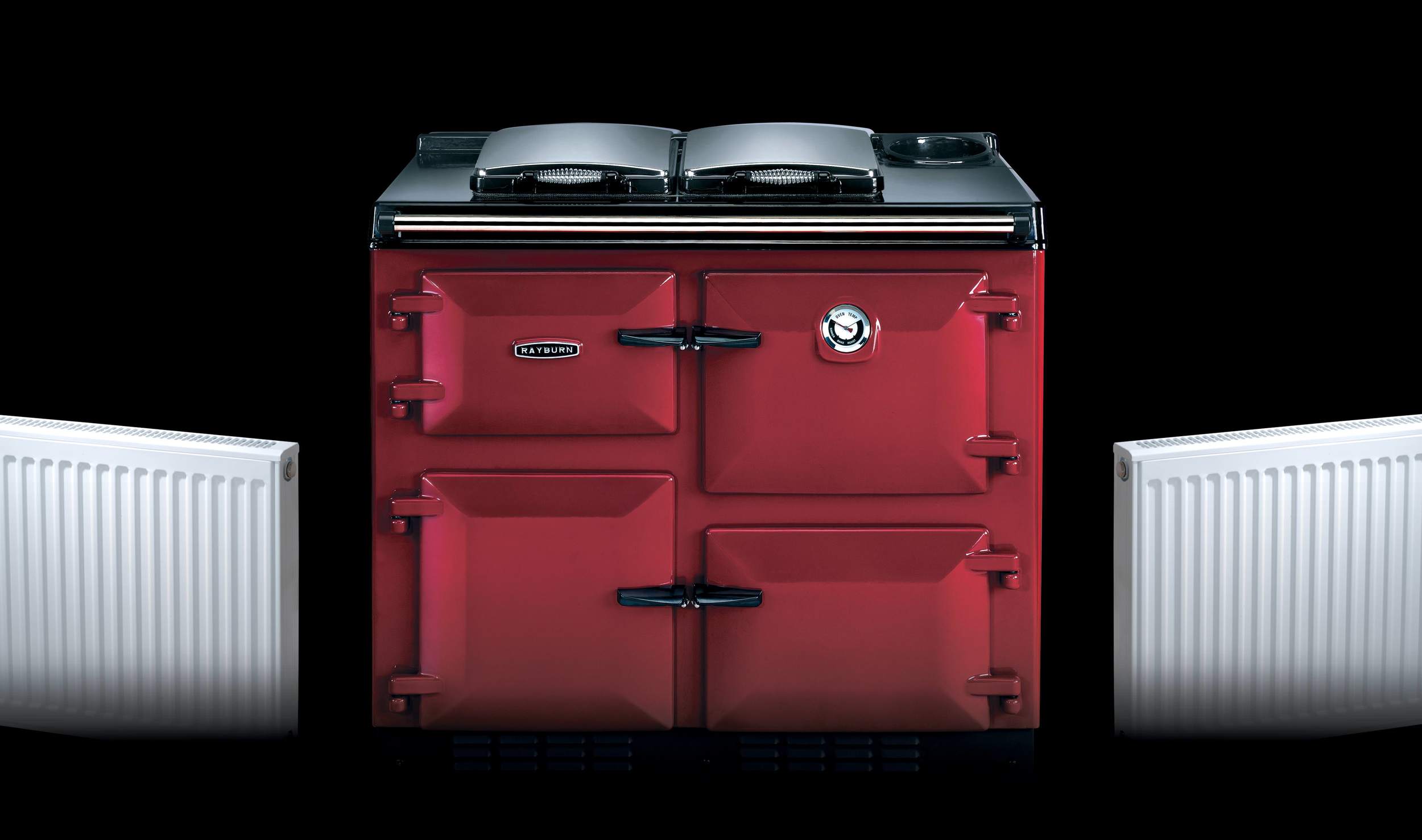
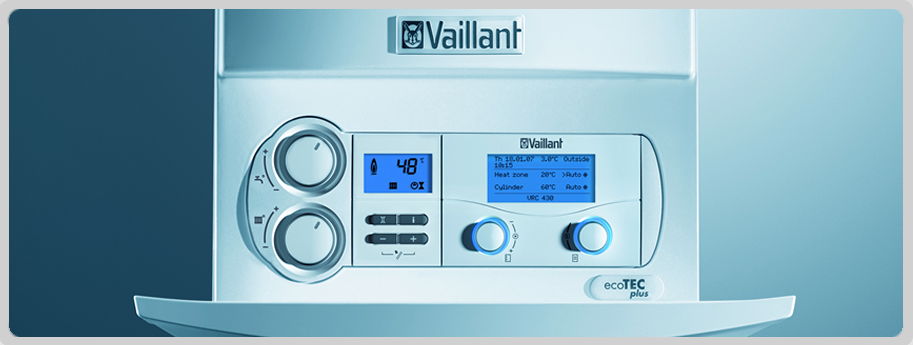
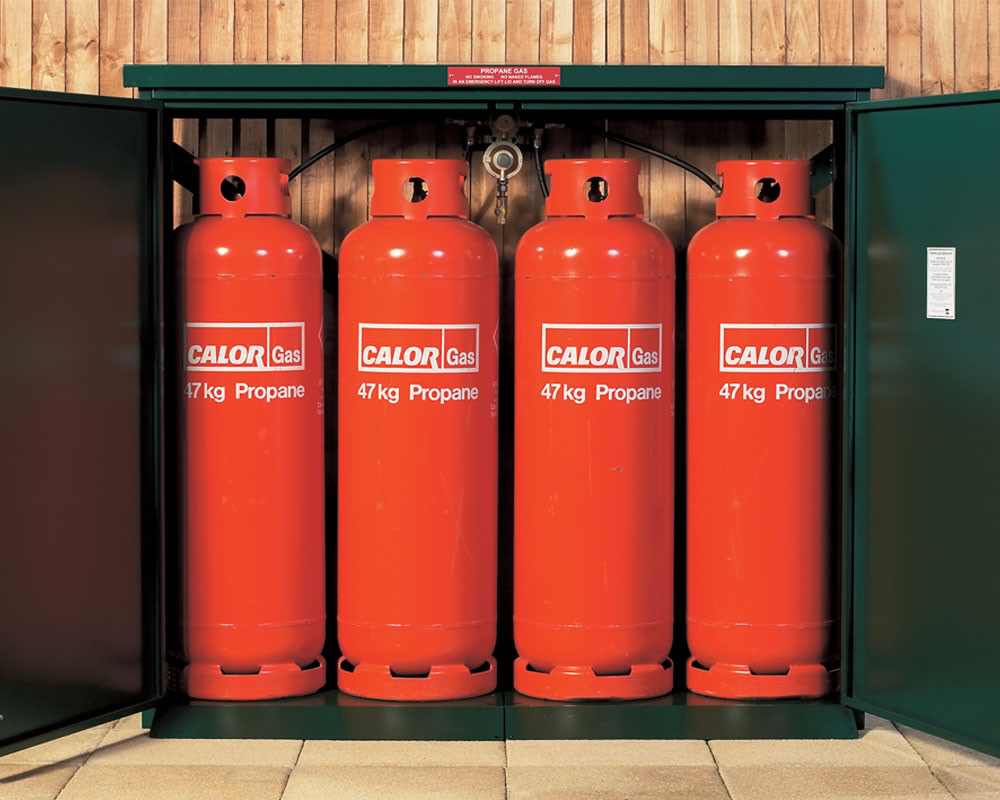
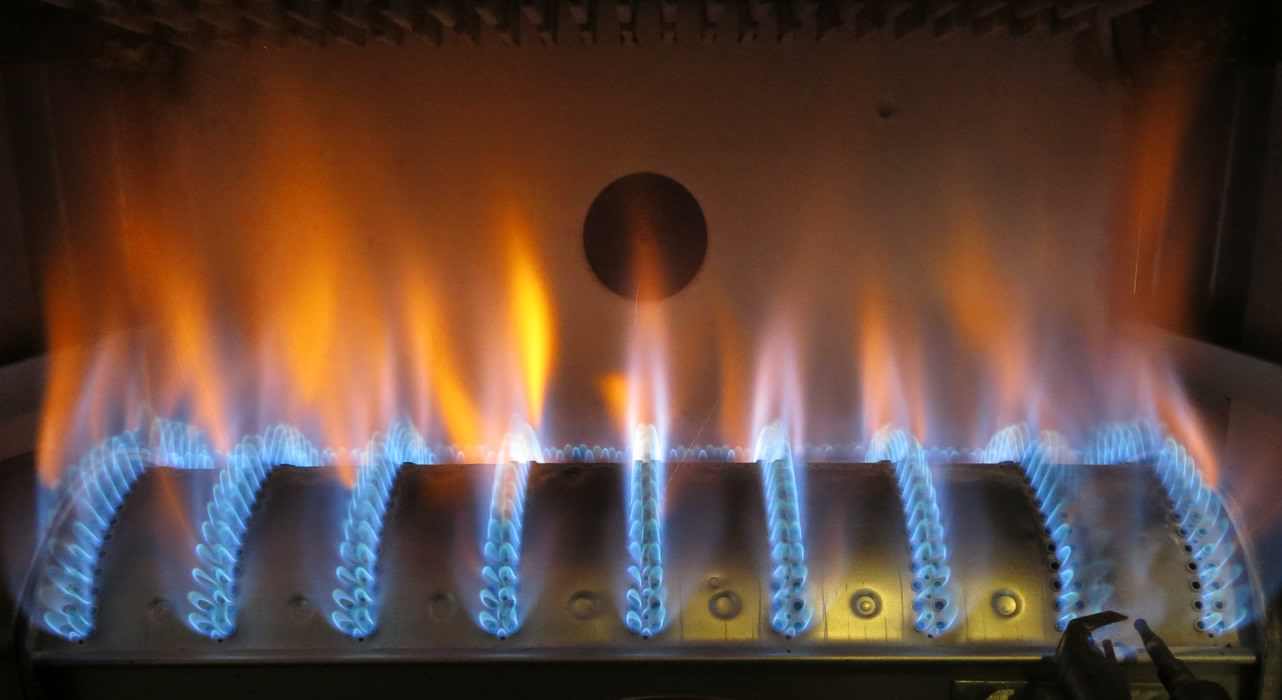
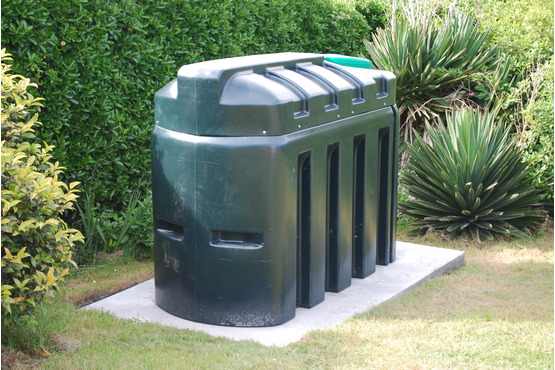
Welcome to Abbey Boilers
We are Abbey Boilers. We are based in Horsham, West Sussex.
Our service area covers West Sussex, Surrey, South West London, and the South Coast.
We are a heating engineer company specialising in domestic boiler servicing, repair and installation with a wealth of experience in gas, oil and LPG appliances.
Our uniformed service engineers are trained to both GAS SAFE and OFTEC standards and are continually updating their training with a vast number of boiler manufacturers to ensure we do not become complacent.
Our training covers all types of appliances including the standard boiler, combination boilers, condensing boilers and warm air units right through to gas fires and range cookers including Aga, Rayburn and Alpha Cookers.
We aim to give you a service with a difference. We are able to cover ANY problems you might have, from the initial call to our customer services – to engineers attending your home right through to our accounts manager making sure your work runs smoothly.
Boiler not working in freezing temperatures?
If your boiler has stopped working in freezing temperatures, then there is a good chance that your condensate pipe has frozen. Luckily, this isn't a big problem and it can be easily resolved yourself without the need for an engineer. This page will provide you with all the information needed to help you defrost your condensate pipe
How do I know if the condensate pipe is frozen?
If part of your condensate pipework is outside and does freeze during a prolonged period of very cold weather, you might hear a gurgling noise coming from the boiler and if your boiler has a digital display, you may see an ‘EA’ error code too. There’s no need to worry if your condensate pipe freezes. You can usually thaw it safely without the need to call an installer or engineer.
Winter is here now and the temperatures have dropped, many homes across the UK have switched on their boilers back on.
At a time when energy bills have increased significantly along with the overall cost of living, the last thing you need is a problem with your gas boiler just as the colder months begins, which can eave you in the cold.
Carrying out a few checks can help ensure that your boiler works as expected, reduces the risk of an unexpected breakdown and ensures you have time to repair or replace the boiler if required.
Our latest Article post will takes you through our recommended checks to carry out on your boiler before you begin to use it regularly again.
Test the Boiler
Giving your boiler a few hours to run after being switched off for many months will allow you to check that it is working properly, giving you enough time to address any issues before the cold weather hits.
After winter ended last year, you likely switched off the thermostat as well as turning the boiler off at the control panel. To get your heating back on, simply switch the boiler on at the control panel before setting your thermostat on.
Some people also choose to switch their radiator valves off throughout the summer, so these will need to be opened again to ensure the heating works. If you have thermostatic radiator valves (TRVs) this is as simple as turning the dial, but older valves may require a pair of pliers.
The prospect of huge home energy bills this winter means Britons are desperately casting around for ways to reduce how much gas and electricity they use. Here are some of the simplest ideas, from hooded blankets to chimney balloons, that could help keep a lid on costs.
Turn down the thermostat from 20C to 19C
If you turn down your main thermostat just one degree it will cut your heating bills straight away, and you may not feel any difference. Experts suggest waiting for a day and seeing how it feels. If you’re still feeling OK, turn it down another degree. Most families are happy with a setting somewhere between 18C and 21C but it may need to be warmer if there are elderly or infirm people living in the property. The Simple Energy Advice website says a one-degree reduction can slash your heating bill by 10%.
Heat the human, not the home
When the energy companies advised customers to cuddle their pets it rightly caused a furore but there are obvious steps you can take to keep warm, such as wearing a thicker jumper or investing in a cosy layer. The shops are full of this type of clothing, including onesies and hooded blankets, at the moment with prices to suit every budget. If you are working from home the extra layer may help you stick to your conviction about the thermostat temperature.
Winter-proof your home
There’s no point cranking up the heating if that warm air is escaping up the chimney or under the door and there are cheap fixes for this. You can make your own draught-excluders for internal doors using rolled-up towels, or tights filled with old clothes. If there’s a chimney you’re not using, stop the hole with an inflatable chimney balloon, which cost about £20. The Energy Saving Trust (EST) estimates that installing a chimney draught-excluder can knock about £65 a year off your energy bills.
One of the big benefits of condensing boilers is their ability to reclaim heat that would otherwise be lost out of the flue, improving efficiency. In fact, condensing boilers have efficiency levels of greater than 90%; that is, little energy is wasted heating water. Yet, if your boiler is set at the wrong temperature you won’t get the full efficiency, so what’s the best temperature for a condensing boiler?
The simple answer is setting the central heating to a temperature of around 70C and your hot water to 60C should give you the highest efficiency levels for your boiler, although this doesn’t necessary mean the lowest running costs. To cut running costs, adjusting the temperature of your central heating and hot water is required, although getting the right level is a little more fiddly. We’ll explain all.
Your central heating systems is one of the most important part of your homes especially throughout the cold winter months. In order to have a warm and comfortable home, it's important to ensure that your central heating system is maintained so that it is working efficiently and is safe.
When carried out by a qualified and registered heating engineers, a central heating service is an ideal way to provide peace of mind that your boiler and radiators are working as they should be.
1. What is a central heating service?
It is recommended that your central heating is serviced once a year to ensure it is working in tip-top condition. It primarily ensures that the boiler is working safely and efficiently.
Your
A qualified engineer should perform the central heating service by thoroughly checking the components and aspects of your boiler. This includes ensuring that there are no carbon monoxide leaks that could pose a serious risk to you and your family’s health.
A central heating service can even help you save money on your bills by ensuring that the entire system is working as efficiently as possible to heat up your home. Ultimately, a central heating service can help detect smaller issues before they become bigger problems!
2. How much is a service for central heating?
As service for central heating can vary depending on where you live, however, the average cost in the UK for one is in the region of £100. When you consider how much new boilers are to install if your central heating system breaks down.
3. When to get your central heating system serviced
The last thing any homeowner wants is their boilers and radiators breaking down in the depth of winter. Imagine trying to warm your home when it's blowing a gale or it's snowing outside. Unfortunately, if your central heating system is going to break down, you can’t control the time of the year, therefore it's always a good idea to get an annual central heating service to ensure that it is in working order 12 months of the year. It can help avoid any unwanted call-outs or issues during winter when you need it most!
At Abbey Boilers, our experts have years of experience providing comprehensive central heating servicing to our clients’ homes in the South East.
Speak to one of our friendly team members today to find out more about our central heating servicing solutions.
1.Do not switch off your boiler.
There is an internal clock inside your boiler system which comes on every day to run a cycle.
It does this so the ‘running’ parts and pump keep moving and the system doesn’t seize up.
2. Check your radiators are not leaking and have no green residue around the connections.
You do not want to come back to at best a west spot to worst a massive leak, pipes age and leak which is why they need maintenance.
3. Set your room thermostat to away mode or manually to 10° – 12°
Yes, even if it’s summer time, or it’s just hot when you leave, set your thermostat or floor heating to a low temperature to keep pipes warm and to stop damp from forming.
4. Keep your house ventilated.
Security when you are away is important which is why your windows and doors should be locked but make sure the air vents and air grills are open to let fresh air go around your house, other wise you will come back to stale not nice smelling house.
5. Run a final cycle through your washing machine and dishwasher
Once everything is dry and put away, wash out the soap drawers, leave the doors fully open and unplug the appliances at the mains.
6. Turn your water off
If you know where your stopcock is, it’s wise to turn the water off at the mains. This will vastly limit the threat of flooding. If you’re not sure where it is, just ensure that your taps are securely turned off.
7. Take a portable carbon monoxide and smoke detector with you on your holiday.
You and your family safety is the most important thing, there has been many horror stories in other place with not the safety track and regulation of the UK. Place them in areas where you are sleeping.
How vital are central heating systems to our homes? They are especially important during the colder winter months. Ensuring that your heating is maintained correctly will ensure it works efficiently and keeps you warm. When carried out by a qualified engineer, getting your boiler serviced is an excellent way of ensuring it's working as intended and putting your mind at ease.
In this article, we at Abbey Boilers answers some of the questions frequently asked about central heating services by our customers:
1. What do we mean by a service of your central heating system ?
We recommended that your central heating system is serviced once a year to make sure it is working safely and efficiently. It primarily ensures that the boiler is working every time you need it..
A fully qualified gas engineer should perform the central heating service by thoroughly checking your boiler system. This includes ensuring that there are no carbon monoxide leaks that can pose a serious risk life, which is why we alway recommend a carbon monoxide alarm in your homes.
A central heating service can even help you save money on your bills by ensuring that the entire system is working as efficiently as possible to heat up your home. Ultimately, a central heating service can help detect smaller issues before they become bigger more expensive problems.
2. How much does it cost to service your central heating system?
As service for central heating can vary depending on where you live, however, the average cost in the UK for one is under £100. When you consider how much new boilers can cost to install if your central heating system breaks down, service can be essential, also most new boilers warranty is only valid with an annual service.
3. When to get your central heating system serviced by Abbey Boilers.
The last thing any one wants in the middle of a cold winter is for their boiler to break down. Unfortunately, if your central heating system is going to break down, you can’t control the time of the year, and most likely it will break when you are using it the most. Therefore it's always a good idea to get an annual central heating serviced to ensure that it is in best working order 12 months of the year.
It can help avoid any unwanted call-outs or issues during winter when you need it most and not wait for engineer to turn up to fix your system on the coldest day of the year.
Your central heating system is likely to be the biggest contributor to your household gas or energy bills. Which means by making small changes you can make big savings in your monthly bills.
Follow our top tips to get the best from your heating system :
boiler and radiator maintenance to boiler controls
find simple ways to cut your energy use and achieve cheaper energy bills.
Heating and hot water accounts for about 55% of a household's energy bills in the UK, according to the Energy Saving Trust (April 2020).
With the average home's energy bill set to increase by £695 from 1 April 2022,
We all need to make small changes to make big saving
1. Update your boiler and heating controls
Old boilers can cost more to run than newer ones – but given that buying a new boiler and having it installed can cost in the thousands, replacing it is not always cost effective. If you decide that replacing your boiler would be too pricey but your heating controls are old, just replace those – newer heating controls are much more accurate. Based on a typical three-bed semi-detached house, there is a potential saving of £75 a year by installing a thermostat, programmer and thermostatic radiator valves (Energy Saving Trust, May 2020). Not only that, but it could reduce your home's carbon output by 320kg every year.
In the next week Great Britain’s energy regulator will announce the steepest rise ever in its energy price cap, effectively saddling millions of households with an annual energy bill of close to £2,000.
The blow to household finances follows almost six months of record high energy market prices because of the global gas crisis. Despite the deepening gloom facing bill payers, ministers are yet to agree a package of measures to prevent a national energy crisis.
After a fourfold surge in energy market prices across Europe, households will pay an average of 54% more for energy this year than in 2020, according to Bank of America. The bank warned that the biggest increases would be felt by Italy and the UK.
While European governments have moved to protect households from the full brunt of the global energy crisis, the UK government has remained silent. The UK’s failure to act comes despite desperate calls from groups representing vulnerable households, small businesses and economists, which fear that record high energy bills threaten to unlock economy-wide inflation and a cost of living crisis.
Great Britain
In Great Britain the next energy price increase is scheduled to be announced on 7 February, and households will be hoping that new support measures can be agreed before it takes effect from 1 April.
Potential measures include cutting the 5% rate of VAT on energy bills, or moving the policy costs levied on energy bills to general taxation. More radical ideas include setting up a “stabilisation mechanism” to give top-up payments to energy suppliers depending on the market price. The Labour party has thrown its weight behind a plan to subsidise bills by introducing a windfall tax on the profits made by North Sea oil and gas producers during the crisis.
The Treasury is expected to remain tight-lipped on whether households can expect a reprieve until its spring statement in late March. But elsewhere in Europe, multibillion-euro deals are already offering households the reassurance that bill payers in Great Britain are hoping for.

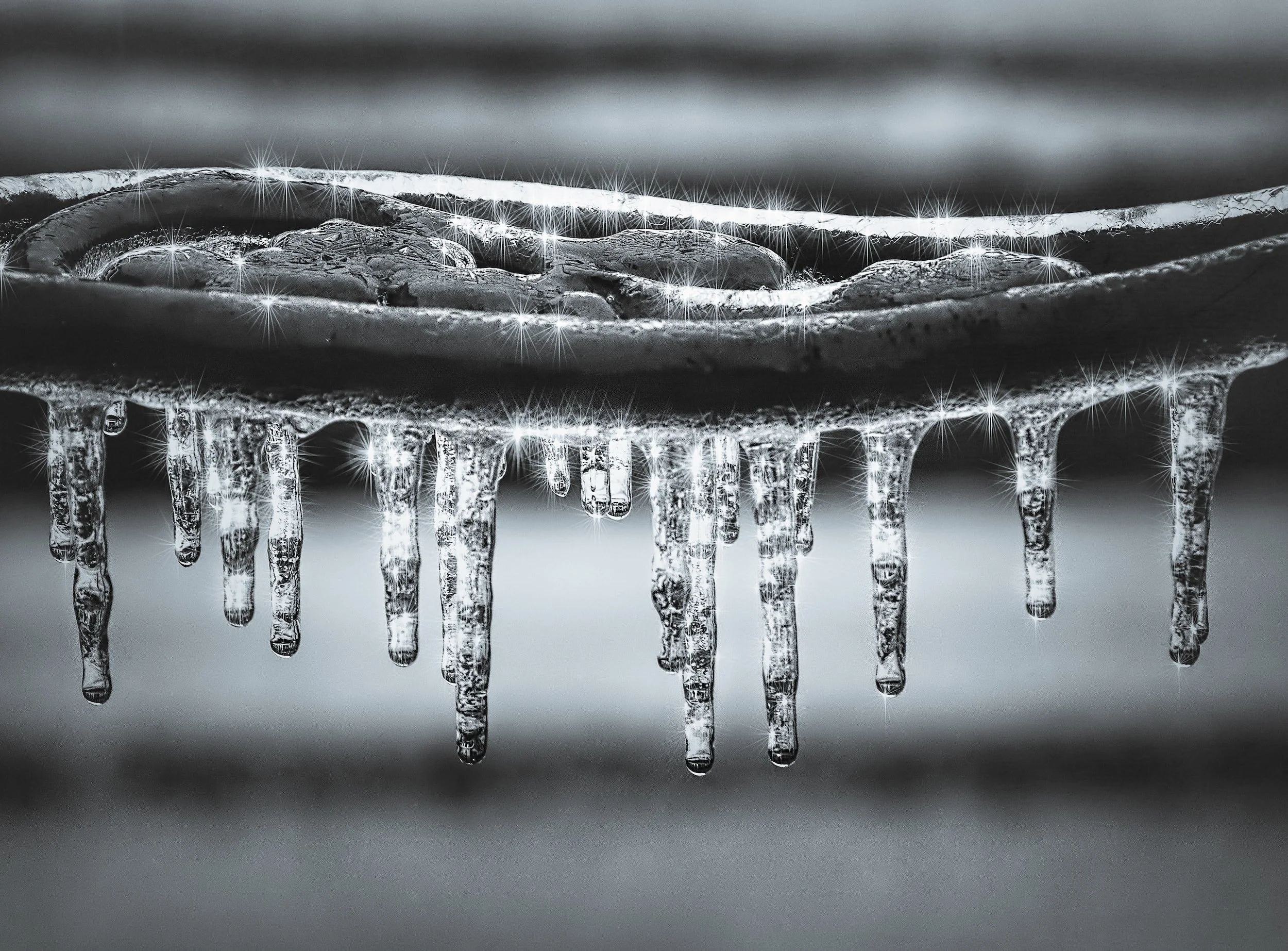

















We at Abbey Boilers are often asked if a magnetic system filter is a necessary addition to a heating system. The answer will always be a Yes.
We believe you should never replace a boiler without fitting a sludge filter alongside it.
Biggest reason is now new Boiler manufacturers this will be a condition for their long warranties.
A lot of top boiler brands will insist two things for their warranty to be valid.
The heating system should be correctly dosed with inhibitor. This helps break the sludge in the system down.
The heating system should have a sludge filter installed. This ensures that any faulty components are faulty, and not just the victim of sludge.